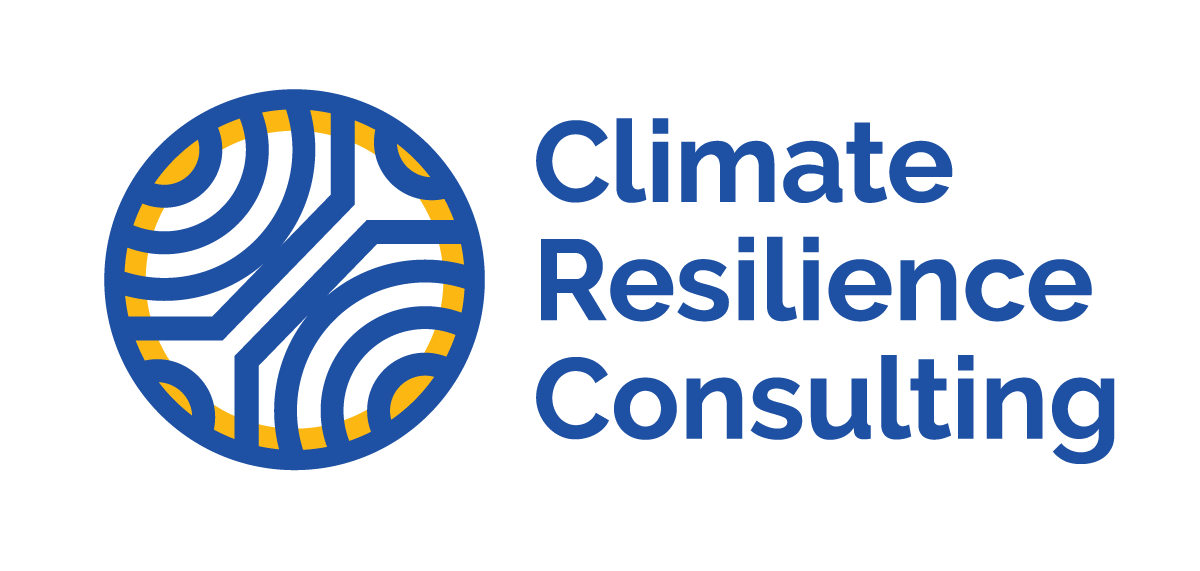While the world still smarts from years of global recession, experts now identify climate change risks as bigger threats to the stability of the world than economic ones. The World Economic Forum’s Global Risk 2015 Report ranks failure to adapt to climate change 5th out of 28 risks in terms of potential negative impact on countries or industries, and 7th in terms of likelihood of occurrence within the next 10 years. The WEF defines failure to adapt to climate change as governments and businesses failing to enforce or enact effective measures to protect populations and to help businesses impacted by climate change to transition. Although warnings of potential environmental catastrophes have grown more persistent, few survey respondents see much progress in climate change adaptation and in mitigating other environmental risks. The ten WEF Global Risks Reports taken as a whole illustrate the rising likelihood of storms and cyclones, flooding, biodiversity loss, and climate change, and the escalating impacts of extreme weather events. This year, water crises, a risk predominantly dependent on climate dynamics, tops global risks impacts, putting it above spread of infectious diseases and weapons of mass destruction.
Drawing on the perspectives of 900 experts and global decision-makers, the annual report also provides a glimpse into other risks climate change could exacerbate if society fails to adequately adapt. These include water crises, food crises, and extreme weather events. Further, global trends of urbanization, environmental degradation, and weakening of international governance are linked to adaptation failure. These insights point to the need for greater leadership engagement to implement more robust measures for climate change adaptation.
Some crucial questions emerge for government, business, and civil society communities: How does climate change impact society, economics, geopolitics, and technology, and how should it be prioritized? How effective are current adaptation policies and practices? Which areas need special attention?
